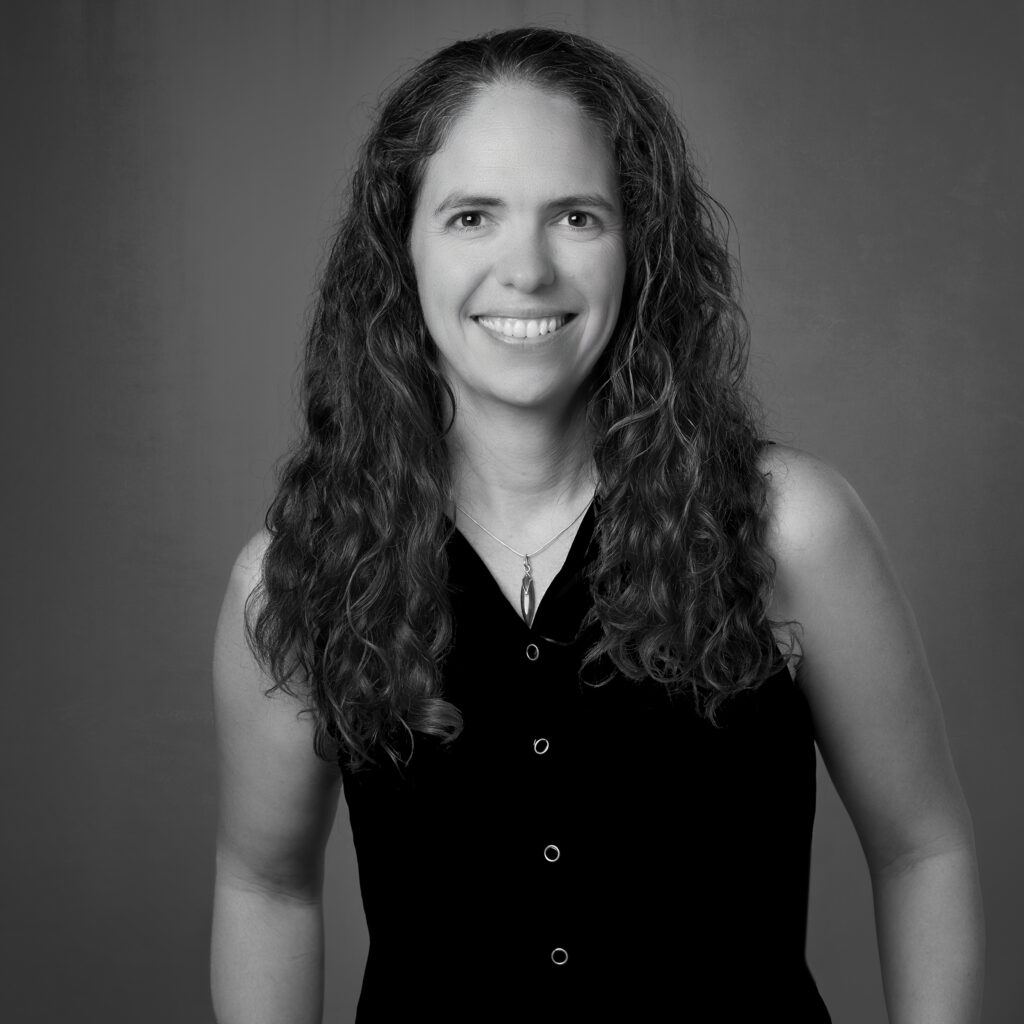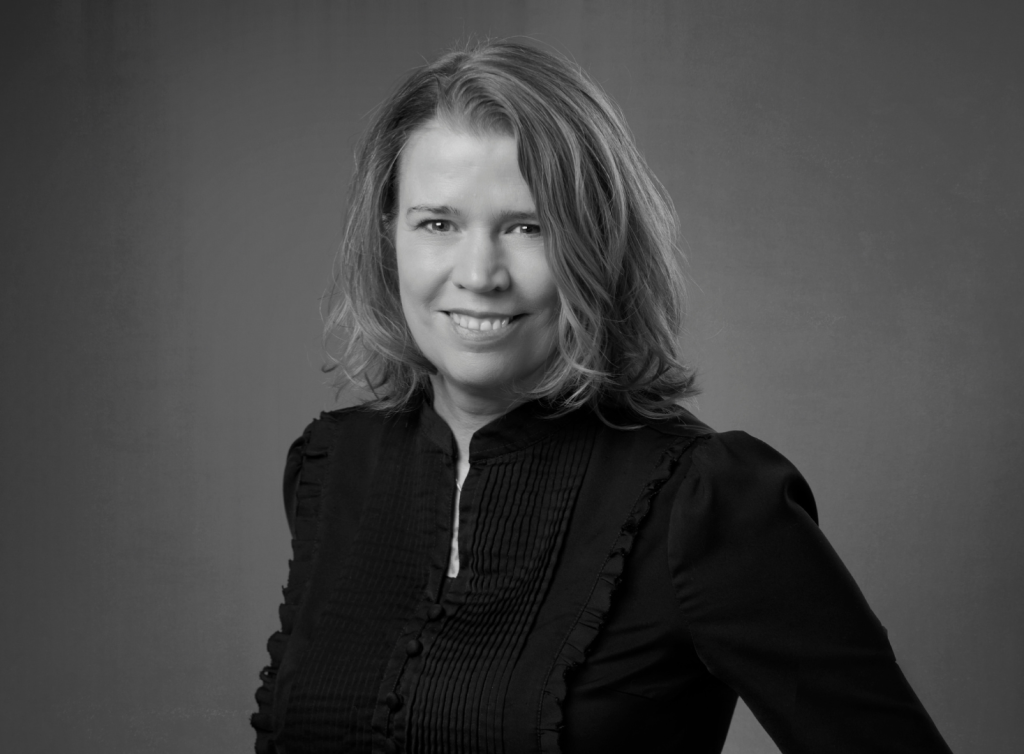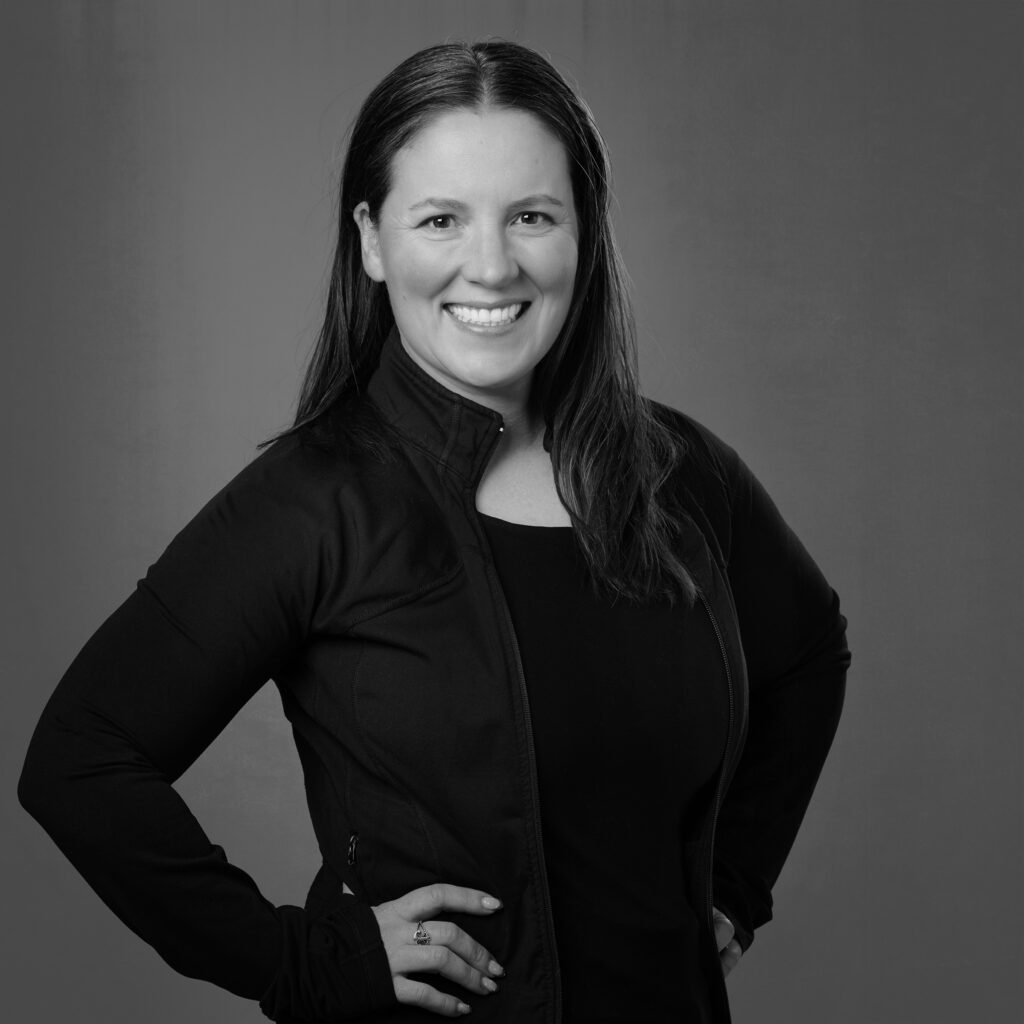Our Experts
The Wilder Institute team is a passionate group with collective experience from around the globe. Our team holds a broad range of expertise and the drive to make the world a better place for all living things.
Our Leadership
Dr. Kyle Burks, President & Chief Executive Officer
Dr. Kyle Burks recently joined the Wilder Institute’s executive team as President and CEO in January 2025.
With more than 20 years of diverse experience in broad-based management, wildlife conservation, and animal care, Dr. Burks brings a unique combination of animal expertise and cutting-edge business principles. He has held executive and senior leadership roles at Sacramento Zoo, Denver Zoo, and The Walt Disney Company. Most recently, he served as the Chief Operating Officer of Audubon Nature Institute in New Orleans. Dr. Burks earned both his doctorate and master’s degree from Georgia Institute of Technology.
A passionate advocate for conservation, Dr. Burks is deeply committed to advancing the Wilder Institute’s mission of restoring balance between wildlife and human life, together. He has long admired the Wilder Institute’s impactful conservation
Jamie Dorgan, Chief Operating Officer
Jamie Dorgan is the Interim Chief Executive Officer and Chief Operating Officer for Wilder Institute/Calgary Zoo. As a member of the Executive Leadership team, Jamie provides strategic oversight to the teams responsible for Animal Care, Health and Welfare, Guest Services, Brand & Engagement, Facilities, and Conservation & Science.
His career in animal welfare and conservation management has spanned more than 20 years. He sits on the Association of Zoos and Aquariums Animal Population Management Committee, as well as served on several endangered species recovery teams and played a leadership role in initiating several conservation programs, including the greater sage-grouse program at the Wilder Institute/Calgary Zoo.
Dr. Gráinne McCabe, Chief Conservation Officer
Dr. Gráinne McCabe joined the Wilder Institute/Calgary Zoo in May 2023 as the Chief Conservation Officer. As a member of the executive leadership, she is responsible for leading strategic development for conservation translocations and community conservation initiatives, strengthening connections with stakeholders and partners, and coordinating research for a wide array of international programs dedicated to saving species at risk of extinction. In this newly created role, Gráinne is also responsible for providing strategic leadership and oversight to the Conservation & Science Department.
Gráinne’s career has been spent at the intersection of zoos and conservation, most recently as the Head of Field Conservation and Science for Bristol Zoological Society, United Kingdom, where she directed global conservation work in 10 countries and provision of six university degree programs. She brings a wealth of expertise in leading transformations, translocations and capacity building to increase conservation impact exponentially.
Gráinne is a member of the IUCN SSC Primate Specialist Group, as well as a member of the IUCN BIOPAMA Regional Advisory Committee. She received her PhD in Ecological Anthropology from the University of Texas at San Antonio and her Masters in Primatology from the University of Calgary in Alberta.
Steven Ross, Chief Development Officer
Steven Ross joined the Wilder Institute/Calgary Zoo in March 2020 as the Chief Development Officer. As a member of the executive leadership, he is responsible for leading development, fundraising, and external relations. When the Calgary Zoo Foundation rebranded as the ‘Wilder Institute’ in 2021, Steven played a critical role in overseeing its brand development and continues to provide strategic and tactical leadership to enhance and build on Wilder Institute’s fund development portfolio and community engagement initiatives.
Steven is a CFRE certified environmental professional with more than 15 years of experience working in fund development and cause-marketing specializing in the development of strategic partnerships for leading non-profit organizations. He brings a great level of expertise in strategic planning, fund development, marketing and engagement, sustainability, project management, and leadership.
Adrian Hamfelt, Chief Financial Officer
Adrian Hamfelt joined the Wilder Institute/Calgary Zoo in March 2020 as the Controller and was promoted to Chief Financial Officer in 2023.
Adrian is a financial executive with over 15 years of international experience leading teams through strategic, collaborative leadership and proactive approaches to complex business issues. He holds a Bachelor of Commerce Degree (with honours) from the University of British Columbia and a Chartered Professional Accountant designation.
Colleen Baird, Director of Animal Care, Health & Welfare
Colleen oversees Animal Care operations and provides strategic leadership to the dedicated team of Animal Care professionals responsible for the care, health and welfare of the animals at the zoo, as well as the conservation species at the offsite Wildlife Conservation Centre and Archibald Biodiversity Centre.
Her career has spanned almost 3 decades with respected expertise in caring for animals large and small from all geographic regions of the world at multiple accredited zoos across North America. A native Calgarian, Colleen has a Bachelor of Science degree from Thompson University and is proud to be part of the critical conservation work being done locally and globally by the zoo and Wilder Institute, together.
Brandi Chuchman, Associate Director, Conservation & Science Operations
Brandi provides strategic and operational leadership to the Wilder Institute’s Conservation & Science team across both the Conservation Translocation and Community Conservation portfolios. She works closely with the Animal Care, Health & Welfare team and numerous other stakeholders and partners to support, resource, communicate, and action the incredible conservation work of our team of scientists.
Brandi has over two decades of experience and a unique three-pronged background in ecology, science communication, and research operational management. She holds a Masters of Science degree in Behavioural Ecology from Simon Fraser University, honours BSc in Ecology from University of Guelph, graduate diploma in Science Communication from Laurentian University, and Creative Writing and Leadership certificate programs from University of Calgary. Her career has included ecological research in boreal forest and marine ecosystems, developing and leading programming for science centres and other STEM-based outreach organizations, teaching undergraduate courses in Ecology and Evolution as a sessional instructor at Canadian universities, and project and operational management of research programs in engineering and the neurosciences. While Brandi has worked in a range of STEM fields, her first passion has always been wildlife conservation.
Dr. Doug Whiteside, Head Veterinarian and Senior Manager Animal Health
For more than 20-years, Doug has played a key role in the care of the animals and the important conservation work we do. Doug leads the operation of the Animal Health Department, and oversees the Zoological Records and Animal Relocations. He is also an Associate Professor of Conservation Medicine at the University of Calgary’s Faculty of Veterinary Medicine. He earned his Doctor of Veterinary Medicine and his Doctorate in Veterinary Science (Pathobiology) from the University of Guelph’s Ontario Veterinary College.
Doug is an internationally recognized specialist in zoological medicine, a field which integrates conservation, ecology, and veterinary medicine. His collaborative research focuses on One Health interactions through a conservation lens, and on bridging knowledge gaps between wildlife under human care and free ranging wildlife with the aim of improving the welfare and success of wildlife conservation efforts. He contributes regularly to the scientific community through presentations and publications, and is an Associate Editor for two international journals – the Journal of Zoo and Wildlife Medicine and the Journal of Applied Animal Welfare Science.
Our Management

Dr. Typhenn Brichieri-Colombi
Typhenn has been with the Wilder Institute since 2012 and currently manages the organization’s involvement in collaborative community-based conservation initiatives. She has extensive experience in both the conservation translocation and community-based conservation portfolios at the Wilder Institute. Typhenn holds an Masters in Geographic Information Systems and a Ph.D. in Geography from the University of Calgary. Her primary focus lies in exploring the intricate relationships between humans and wildlife within the realm of conservation. Throughout her tenure at the Wilder Institute, Typhenn has played a pivotal role in offering technical assistance and guidance for various initiatives. Notably, she has provided valuable support to programs that include the Kianjavato Lemur & Reforestation Initiative, the Kenya Mountain Bongo Partnership, the Wechiau Community Hippo Sanctuary, the Avu Lagoon Community Protected Area, and the Community Conservation Horizon Scan. Her contributions encompass diverse areas such as data management, mapping, publications, collaborations and strategic planning, further enhancing the effectiveness of these projects.

Lea Randall
Lea has over 10 years of experience in conservation translocations of species-at-risk at the Wilder Institute. Her current role involves overseeing the development and implementation of conservation translocation science and action to support the recovery of imperiled species. Lea’s own research focuses primarily on the genetics, reproduction, and reintroduction of northern leopard frogs. She holds a B.Sc. in Biology from the University of Victoria and an M.Sc. in Ecology from the University of Calgary. Prior to her current position, Lea worked as a wildlife and habitat technician for the Yukon Department of Environment and NatureServe, where she gained valuable experience working with various species. Lea actively contributes to multiple organizations and committees dedicated to wildlife conservation. She is a member of the British Columbia Northern Leopard Frog Recovery Team, the Committee on the Status of Endangered Wildlife in Canada Amphibian and Reptile Subcommittee, the IUCN Species Survival Commission Amphibian Specialist Group and a representative for the Wilder Institute on the IUCN Citizen’s Assembly on Synthetic Biology and Nature Conservation. Additionally, she serves as the vice chair of the BiodiverCity Advisory Committee for the City of Calgary and as the chair of the Oregon Spotted Frog and Northern Leopard Frog Captive Husbandry Working Group.

Caitlin Slade
Caitlin joined the Wilder Institute’s Animal Care, Health & Welfare team in 2010 and now serves as the Animal Care Manager of its conservation facilities. In this role, she oversees operations at the Wildlife Conservation Center (WCC) and the Archibald Biodiversity Centre (ABC), managing all local conservation breeding programs. These programs focus on a variety of Canadian species at risk, including whooping cranes, Vancouver Island marmots, northern leopard frogs, and burrowing owls as part of a head-starting program. Caitlin and her team also support the Wilder Institute/Calgary Zoo by coordinating temporary off-site housing and exceptional care for species transitioning to or from the zoo for quarantine or transfer. With a Bachelor of Science in Conservation Biology from the University of Prince Edward Island and extensive animal care experience, Caitlin brings both expertise and passion to her work. Among the many animals under her care, Caitlin holds a special fondness for ‘Rizzo’, a marmot who birthed 17 pups and resided at the WCC and ABC for 8 years, who is now retired from the breeding program and living at the Tony Barrett Mount Washington Marmot Recovery Foundation on Vancouver Island.
